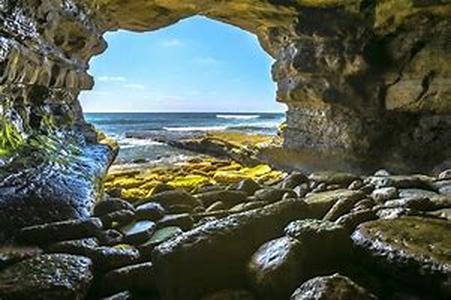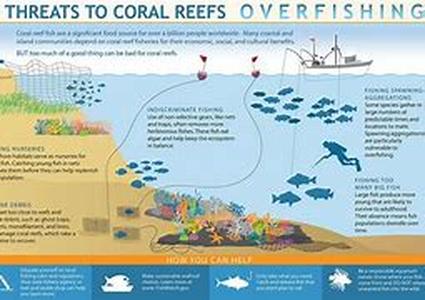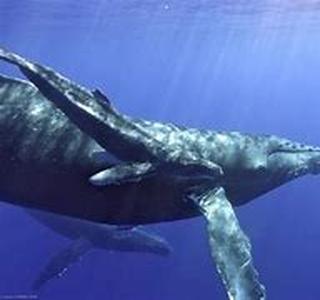
A Water Sport Enjoyed By A Lot Of People All Over The Globe, Scuba Diving Takes Place Almost Anywhere That Encloses Great Crystal Waters And Rich Marine Life; From The Breathtaking Turquoise Waters Of The Bahamas To The Modest Shores Of Alaska And Australia. Scuba Diving Is Not A Cheap Sport As It Is; It Involves The Requirement Of Scuba Diving Equipments That May Be A Little Heavy On The Pocket. However, These Equipments Are What Make The Sport Possible As Well As Safe And Non-health Threatening.One Such Essential Gear Of Scuba Diving Is Scuba Diving Wetsuits. It Is Important To Take Note That The Fun And Enjoyment Of Scuba Diving Stops Once The Body Starts To Get Chilled Under Water. Remember That Temperatures Below Certain Water Depths Become Very Freezing, Which Cause Body Heat Loss And Can Lead To Serious Health Threat Without The Appropriate Suit To Protect It. Water Takes Away Heat From The Body About Twenty Times Faster Than Air, Which Means That For A Certain Temperature It Has A Bigger Cooling Effect, That Even A Seemingly Warm Water Temperature Of 86F, Can Become Unpleasantly Cold After A While.Scuba Diving Wetsuits Provide The Necessary Suit Material Thickness To Preserve Body Heat And Avoid Hypothermia For Insulation In Water As Cold As 50F To As Warm As 86F. The Scuba Diving Wetsuits Vary In Selection Depending Entirely On The Environment One Intends To Be Diving In. The Most Important Features That One Should Consider When Choosing Scuba Diving Wetsuits Are Warmth, Comfort, And Especially The Fit.How Do You Choose The Right Fit Of Scuba Diving Wetsuits? Always Consider The Thickness Of The Material That Is Needed In Your Scuba Diving Site Because It Will Be The Determining Factor To Your Body Warmth And Comfort Underwater. A Lot Of Scuba Diving Wetsuits Are Sold With Thickness Of 3mm Or 6mm, Which Are Sufficient In Most Water Temperatures Of Dive Sites. Another Important Factor To Consider Is The Type Of Wetsuit Needed, Such As Short Legs And Sleeves, And Long Legs And Sleeves. The Appropriate Choice Would Depend On Where The Diving Takes Place, Your Personal Tolerance For Changes In Temperature, And The Temperature Of The Water. Water Temperatures Will Help One Decide On The Thickness And Length Of The Wetsuit Needed; Diving In Waters Above Eighty-five Degrees Needs A 2mm Short Suit, While Diving In Waters Of Sixty To Seventy Degrees Needs A 6-7mm Long Suit. And Of Course, You Own Body Characteristic Is Also Essential For Choosing.The Materials On Which The Scuba Diving Wetsuits Are Made Are Also Important. The Most Notable Types Of Neoprene That Wetsuits Are Made Up Include Gas Blown, Skin, And Titanium. Gas Blown Type Of Wetsuits Is A More Expensive But Stronger Type, While A Chemical Blown Suit Has A Softer Feel But Results To A Quicker Wear Out, Although Less Expensive. The Titanium Wetsuits Are The Most Expensive Choice Because They Either Have A Titanium Coating For The Inside Or As Woven Threads Through The Suit. The Idea Behind Is That Titanium Is Suppose To Keep The Body Warmer By Preventing Heat From Leaving The Body.And Lastly, When Choosing The Size Of Wetsuits, Be Sure To Check That There Are No Big Gaps In The Armpits, The Ankles, Wrist, And Crotch Of The Suit Need To Be Warm Or Snug And Not Loose Or Water Will Get In. Finally, If The Zipper Needs To Be Held To Close It, Then It May Be Too Small And At Least One Size Bigger Is Advisable. On The Other Hand, If The Zipper Zips Easily And Is Not Snug, Try A Smaller Size.Scuba Diving Wetsuits Is A Very Essential Gear, So Take Your Time In Choosing One, And Make Sure To You Get The Best Fit For The Best Protection Underwater..





